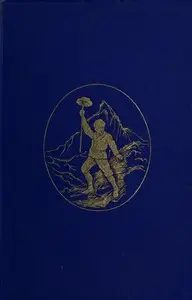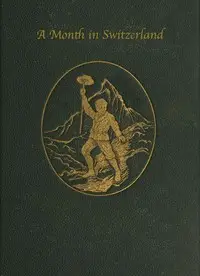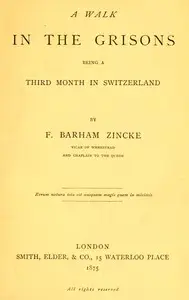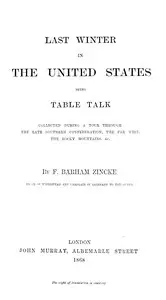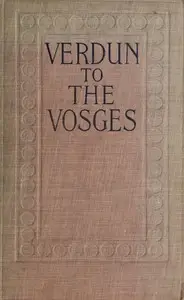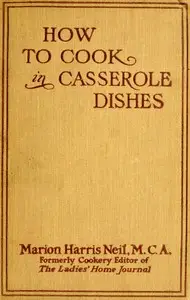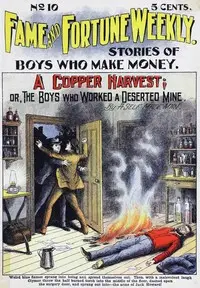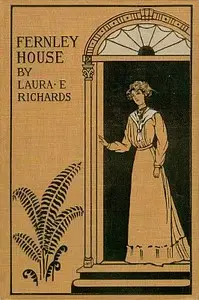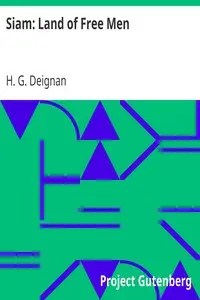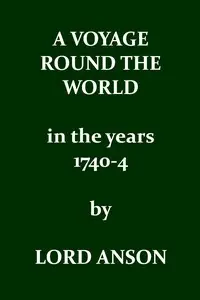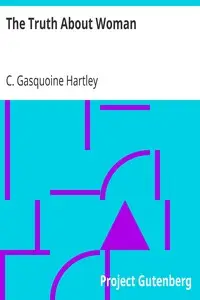"Egypt of the Pharaohs and of the Khedivé" by F. Barham Zincke is a historical account written in the late 19th century. This work offers an exploration of Egypt's rich history, culture, and geography, with a focus on its ancient civilization and its transformation under the leadership of the Khedivé. The book serves as a travel companion, appealing to readers interested in gaining deeper insights into the land of the Pharaohs as well as its contemporary state during Zincke's time. The opening of the book provides an extensive introduction to the significance of the Nile River in shaping Egyptian civilization. It discusses the river's unique characteristics, such as not having any affluents and how its annual inundations make Egypt habitable and fertile. Zincke also touches on historical inquiries surrounding the origins of the Nile, reflecting on the theories posed by ancient scholars like Herodotus while assessing the implications of these theories for understanding the relationship between nature and man. This initial section establishes the author's intent to guide readers through the historical and physical landscapes of Egypt while showcasing the key factors that contributed to its past glory and ongoing challenges. (This is an automatically generated summary.)
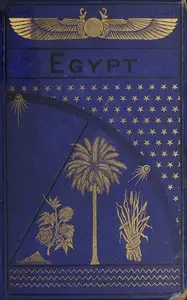
Egypt of the Pharaohs and of the Khedivé
By F. Barham (Foster Barham) Zincke
"Egypt of the Pharaohs and of the Khedivé" by F. Barham Zincke is a historical account written in the late 19th century. This work offers an explorati...
Foster Barham Zincke was a clergyman, a traveller, and an antiquary. Zincke was born on 5 January 1817 at Eardley, a sugar estate in Jamaica. He was the third son of Frederick Burt Zincke, of Jamaica, by his wife, Miss Lawrence, a descendant of Henry Lawrence, president of Oliver Cromwell's council. He was fourth in descent from Christian Friedrich Zincke, the miniature and enamel painter. He entered Bedford School in 1828 and matriculated from Wadham College, Oxford, on 5 March 1835, graduating B.A. on 18 May 1839. He rowed in the Oxford boat at Henley in the same year. In 1840 he was ordained by Charles Richard Sumner, bishop of Winchester, to the curacy of Andover, and in 1841 he became curate of Wherstead and Freston, near Ipswich. In 1847, on the death of the vicar, George Capper, he was appointed vicar of Wherstead on the presentation of the Crown. Soon afterwards he began to contribute to Fraser's Magazine and the Quarterly Review, and in 1852 published Some Thoughts about the School of the Future, in which he criticised with some severity the system of education pursued in the universities and public schools. Shortly afterwards he was appointed one of the queen's chaplains.

